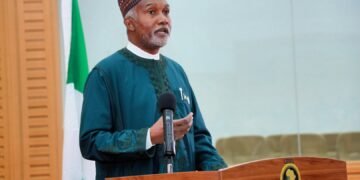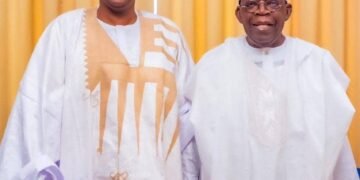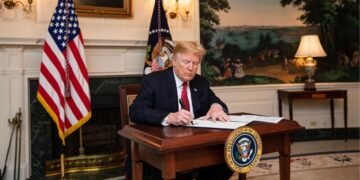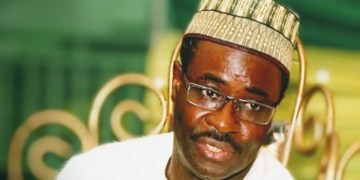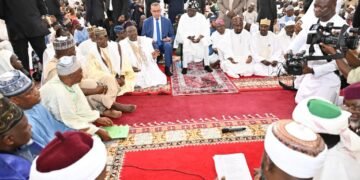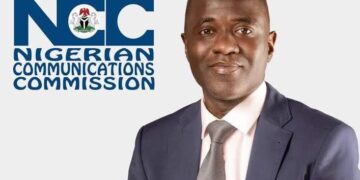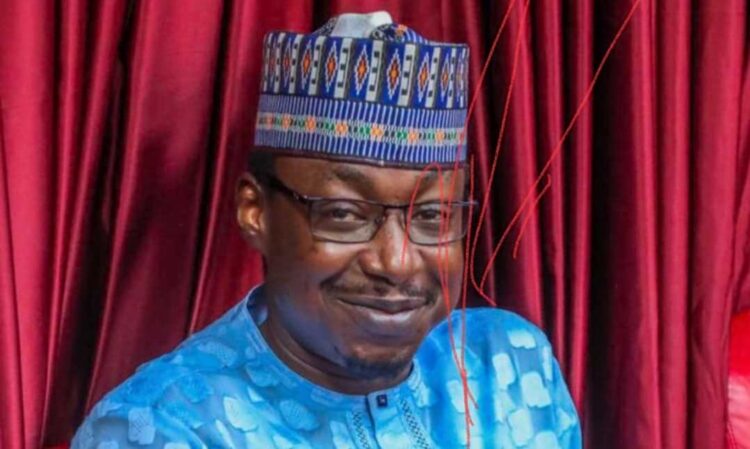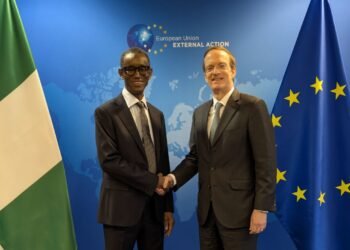The world watched, almost disbelieving, as a U.S. president openly threatened military action against Nigeria over its internal security challenges. Such statements are not just provocative; they are unprecedented. Sovereignty, a cornerstone of international law, is violated the moment one nation casually hints at invading another because of its domestic challenges. Diplomacy exists to prevent exactly this sort of recklessness, yet what we witnessed was a blatant dismissal of protocol and a disregard for the very decency that underpins global order. For a nation already battling insecurity and economic strain, it is a sharp reminder that respect in the global arena must be earned and constantly defended.
At first glance, Trump’s words might sound like moral outrage. He says he is worried about Christians being persecuted and is standing up for justice. But that is only the surface. Beneath it lies something else entirely. It is political arrogance. It is America once again playing the world’s policeman, deciding which nations have failed and which need to be fixed. Nigeria has its problems, no doubt, but they are Nigeria’s problems. They are for Nigerians to solve, not a foreign power that has enough turmoil of its own.
The United States, for all its wealth and power, is not free from chaos. In 2023 alone, more than forty-two thousand Americans died from gun violence. That is about a hundred and seventeen people every single day. Mass shootings, racial violence, and hate crimes have become part of its reality. Yet no one threatens to invade America to fix it. So when a U.S. president lectures another country about internal security, it rings hollow. It is not only hypocritical, it is an insult to Nigeria’s sovereignty.
But this is not just about hypocrisy. There is calculation behind Trump’s words. His so-called concern for Christians is less about compassion and more about politics. It plays well with his conservative base back home, especially with evangelical voters who see him as their defender. Nigeria becomes part of that performance, a backdrop for his campaign theatre. In that sense, the threat is not only offensive, it is dangerous, because it ties Nigeria’s fate to America’s domestic politics. Yet there is also a geopolitical motive. Nigeria’s growing assertiveness on the global stage, and its refusal to yield to certain Western pressures, only deepen the strain.
For Nigeria, the implications are serious. The threat exposes how fragile the country’s diplomatic posture has become. Two years after recalling ambassadors, Nigeria still has no formal representation in over a hundred foreign missions. That silence weakens its global voice and limits its ability to defend its interests when attacked. When a nation leaves its diplomatic seats empty, others will fill them with their own stories, and those stories are rarely flattering.
Trump’s comments also test Nigeria’s unity. Citizens may criticise the government, but this is not about the president. It is about the country itself. When a foreign leader threatens Nigeria, it is every Nigerian who is being challenged. The country cannot afford to appear divided. Supporting the government’s response does not mean endorsing its policies. It means standing up for national dignity.
The government, for its part, must move beyond symbolic outrage. It must act with discipline and intelligence. Summoning the U.S. ambassador and issuing a clear statement of objection are necessary first steps. But Nigeria must go further, restoring its diplomatic presence, briefing allies across Africa, and engaging the African Union, ECOWAS, and the United Nations. Silence would signal weakness, but outrage without strategy would only feed the narrative of instability. This is the moment for clarity, calm, and coordination.
There is another danger that cannot be ignored. Trump’s framing of Nigeria’s insecurity as a war between Christians and Muslims is false and deeply irresponsible. The country’s problems are complex. They are about poverty, bad governance, corruption, and regional neglect, not about religion. Allowing outsiders to define those problems through a religious lens risks deepening internal division and justifying external interference. Once others define your crisis, they also decide how it should be solved.
So what does Trump’s threat really mean for Nigeria? It is a wake-up call. It exposes how the world now sees Nigeria, vulnerable, uncoordinated, and lacking diplomatic focus, and how easily those weaknesses can be exploited for political theatre abroad. By dressing political ambition in the language of faith, Trump has shown how religion can be weaponised to justify interference. Framing Nigeria’s challenges as “Christian versus Muslim” reduces complex security and social realities to a dangerous binary, inviting division both at home and abroad. Yet within this lies an opportunity: for Nigeria to reassert its sovereignty, rebuild its diplomatic capacity, and reject any narrative that turns its internal struggles into someone else’s moral crusade.
Nigeria does not seek conflict, but it cannot accept intimidation either. Trump’s threat is more than a diplomatic provocation; it is a test of Nigeria’s unity, maturity, and international standing. History has shown that moral arrogance often marks the beginning of imperial decline, and this moment challenges Nigeria to rise above reaction and act with wisdom. If the government responds with strategy and the people stand together, Trump’s reckless words could achieve the opposite of what he intended. They could remind Nigeria that its dignity is worth defending, its sovereignty is not negotiable, and that true strength lies in calm, principled resolve, the kind that earns respect without firing a shot.
Abu Sidiq is the Chairman Council, Federal Polytechnic Jo’s, Plateu State.

